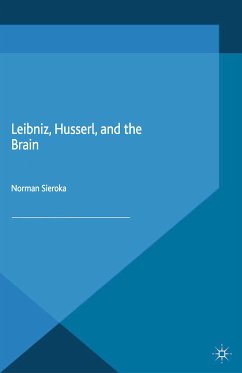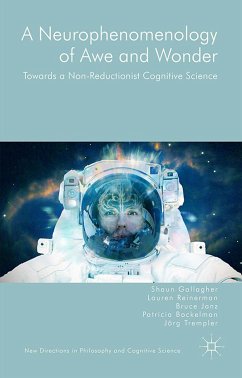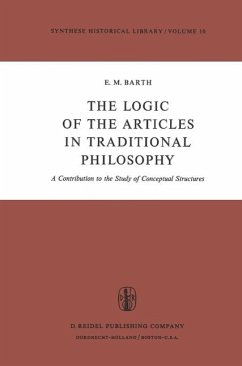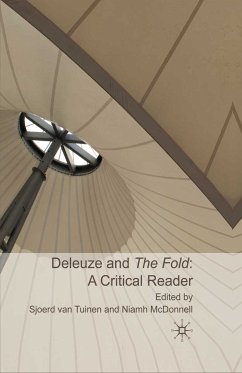
Leibniz, Husserl and the Brain (eBook, PDF)
Versandkostenfrei!
Sofort per Download lieferbar
40,95 €
inkl. MwSt.
Weitere Ausgaben:

PAYBACK Punkte
20 °P sammeln!
This book is about structural relations between phenomenological and neurophysiological aspects of consciousness and time. Focusing on auditory perception and making new and updated use of Leibniz and Husserl, it investigates the transition from unconscious to conscious states, especially with regard to the constitution of phenomenal time.
Dieser Download kann aus rechtlichen Gründen nur mit Rechnungsadresse in A, B, BG, CY, CZ, D, DK, EW, E, FIN, F, GR, HR, H, IRL, I, LT, L, LR, M, NL, PL, P, R, S, SLO, SK ausgeliefert werden.












